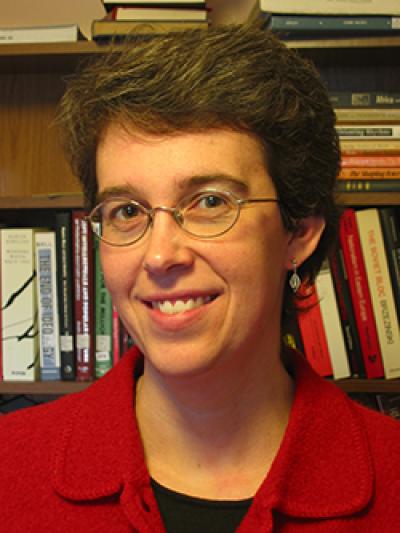What Can Cultural Diplomacy Do? American Musicians as Cold War Ambassadors

Principal Investigators: Danielle Fosler-Lussier, School of Music
During the Cold War, more than 1,000 professional and amateur musicians from the United States performed around the world in programs sponsored by the State Department and other agencies. Their mission was to enhance the reputation of American culture, compete with performers from Communist countries, forge personal connections with citizens in other countries, and create a positive impression of the United States and its foreign policy.
In this project, Danielle Fosler-Lussier evaluates the musical and diplomatic outcomes of state-sponsored tours from the 1950s to 1970s. Through an innovative blend of musicology and diplomatic history, she captures the perspectives of musicians, audiences and diplomats, examining results of the program both at home and abroad. She finds that music was not just another form of propaganda: It allowed musicians to make cooperative connections with their colleagues and their audiences.
After describing the nature and history of the Cultural Presentations program, Fosler-Lussier examines the unique opportunities and challenges for various genres of music including classical, avant-garde, jazz, folk, blues, and rock. The presentation of classical music was a compliment to Third World audiences, as they regarded the ability to appreciate elite music as a mark of distinction.
The use of jazz and blues provided living proof of the progress of the Civil Rights movement: Well-dressed, well-trained African-American musicians won friends for jazz and called into question Soviet propaganda about America’s failings. By the 1960s, popular music was associated with a critique of the U.S. government — yet its appeal to youth around the world made it useful to the State Department.
A concluding chapter evaluates the practice of musical diplomacy in light of recent theories of globalization and Americanization. While in some cases the tours highlighted disparities in wealth between U.S. musicians and foreign audiences, Fosler-Lusier found evidence of mutually rewarding experiences in which audiences sought out musicians and musicians exchanged ideas with their foreign counterparts on a respectful footing.
Investigators
Filters: 2010-2011, Music
